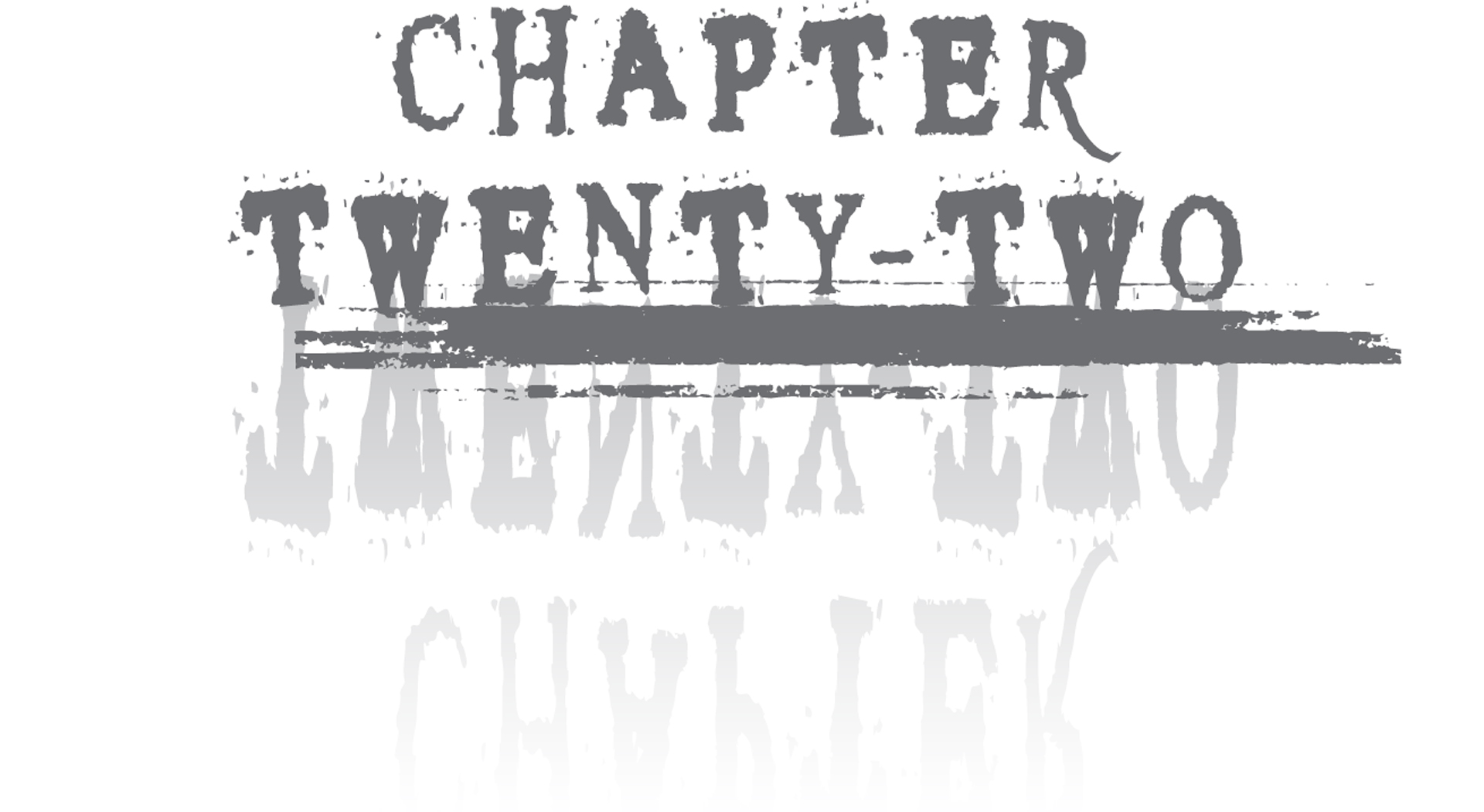

If the firemen were shocked at the unveiling of the Sentry, they didn’t show it. In the weeks and months that followed, nobody showed it. That’s the thing about towns like Glennon Heights—we circle up around our own. Mrs. McGovern had fled often enough to her parents’ house in Delaware that no one blinked when she up and left for good as soon as his body was found. No one blinked and no one blamed her.
People talked more after the Donahues moved. Probably because they felt guilty. They hadn’t believed them. They had judged too harshly. In the weeks after the explosion, Mr. Donahue turned down all interview requests. He asked Officer Wycoff to escort one of the more persistent news magazines off our street. He even nailed a sign to the front door: Please respect my family’s need for privacy.
At first I made a game of giving the press something to work with. I sat in old Halloween costumes on our front steps. Mostly I was bored, but also it entertained Miss Abbot. She tried to talk the New York News into interviewing Horatio, the cat.
For months, the media didn’t seem to understand that the Donahues didn’t live on Olcott anymore. They lived at an extended-stay hotel and then left right before winter break. At first they said they couldn’t live in the house because it was structurally unsound. But Janie told me it was easier to fall asleep in a hotel room. She said, “At least there’s supposed to be other people in a hotel.”
I’ve spent a lot of time thinking about Ned McGovern and ways that people can be structurally unsound. And then how other people somehow possess a surprising strength, as if they’ve got solid wooden beams braced above their hearts. Sometimes Jillian and I sit quietly together in the dugout and I know we’re both wondering what happened to little Teddy to cause so much damage at his core.
And sometimes I go to the baseball field alone. Sometimes I run. Sometime I sneak out at night and bring along the mitt that I tried to give back to Ben, the one he made me keep. I knew when they moved, the Donahues were gone for me too. Janie and I lied. We said we would text, but I remembered what she’d said about her old friends and how pointless it seemed to hang on. I knew there would be a girl in the next town on whom Janie would come crashing down. I would keep floating along in Glennon Heights, where everyone seemed to know me.

Ben showed up on my front stoop his last night in town. I was dressed for a run and my dad must have seen him on his way in from work. But he didn’t stop me from going out. He let me walk out there and find Ben sitting with the baseball glove beside him.
“The thing is,” he said, “I believe in goodbyes.”
“You barely believe in anything, but you believe in goodbyes?” I asked.
“I believe in lots of things.”
“Name one thing that’s not an eighties movie or pop culture phenomenon.” I was jogging by then but he refused to run, so I just had to awkwardly jog circles around him as we made our way up the street. It helped to have a distraction.
“I believe in the power of a good game of catch.”
“Yeah,” I said. “Okay.”
“But it’s got to be a well-matched game of catch.”
“I know what you mean.” I slowed to a walk. I felt the cotton of the sleeve of my T-shirt brush up against the sleeve of his T-shirt. I didn’t always know what to make of people but I heard how Ben said my name differently from anyone else’s name. I hadn’t merely invented the way his eyes slid to me every time he made a joke, each moment he had a reason to feel proud. I knew Ben liked me. But I also knew he wouldn’t let that matter.
“The thing is, Livvie, you’re really good at catch. I want you to keep that mitt and make sure when you throw, it’s to a person who deserves—”
“Okay.” I cut him off then and picked up my pace. I held up the glove and clutched it to my heart, recognizing it for the treasure that it was. “I get it.” I nodded to him.
“That’s it?” Ben asked. “Okay?” At first his face wrinkled with worry and then it broke open in wonder. In that moment I was the coolest girl he’d ever met.
“That’s it.” I took a deep breath, the kind I always did right before sprinting on the last block home. “Goodbye, Ben Donahue,” I said and ran fast enough that he could not see me cry.

In my bedroom closet, I keep a wooden crate. Just inside my ordinary closet—it’s not a closet behind a closet or anything. That’s where I store Ben’s baseball mitt. I have some newspaper clippings too both from that summer and after that summer. And at the very bottom, I have Teddy McGovern’s artifacts wrapped in the old Boy Scout kerchief.
I still sometimes need to spread the crate’s contents out on my bedspread. I arrange those fragments in a way that makes some kind of sense. I convince myself that it all actually happened. Eventually though, I’ll bring the collection to the library and see if that librarian wants any of it for the local lore room. There are plenty of people who have heard of Glennon Heights, who stop by to look at a yearbook photo or old newspaper clippings.
I used to mind that, but now it seems right that in a town like ours, there should be a place we might go to visit the past.